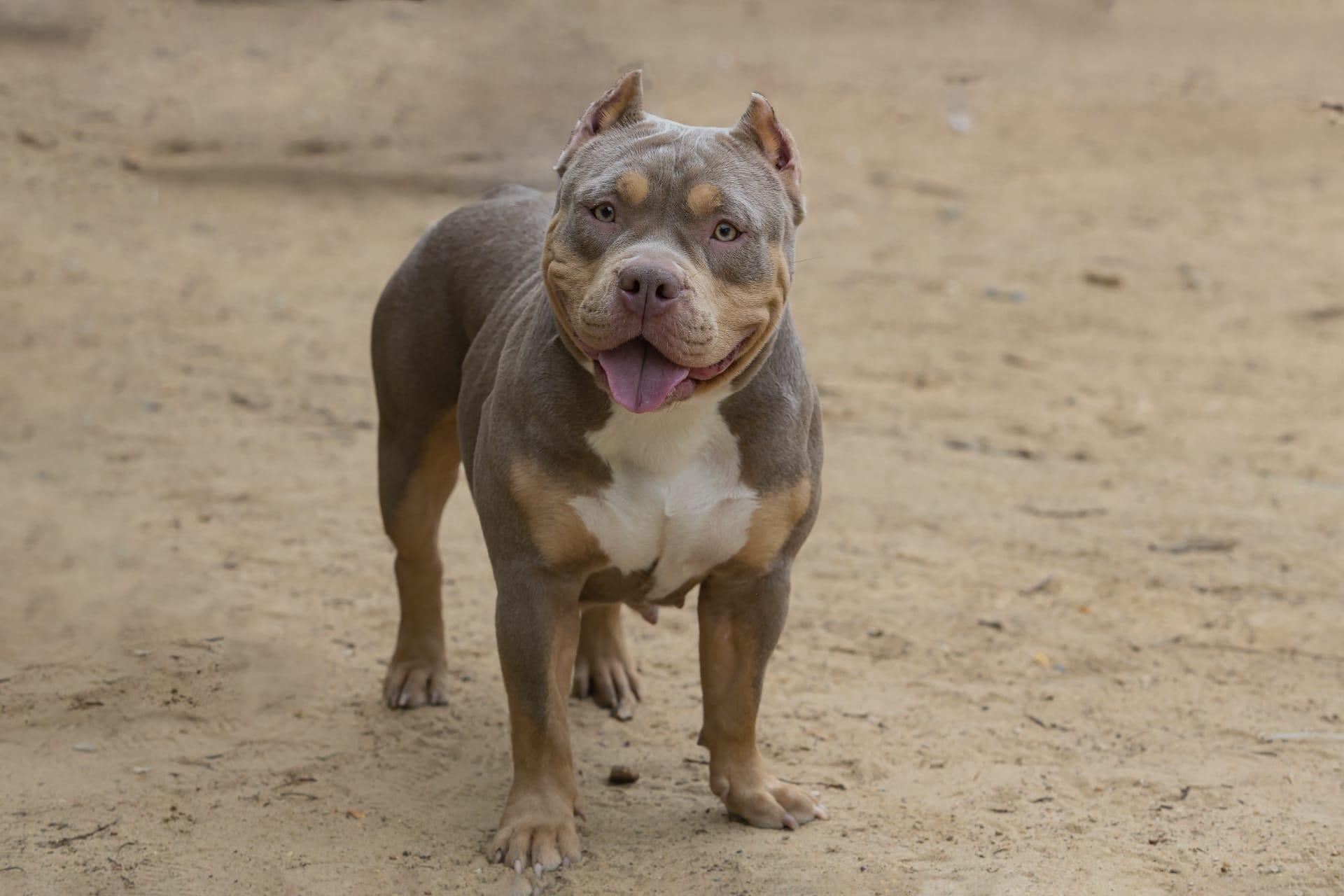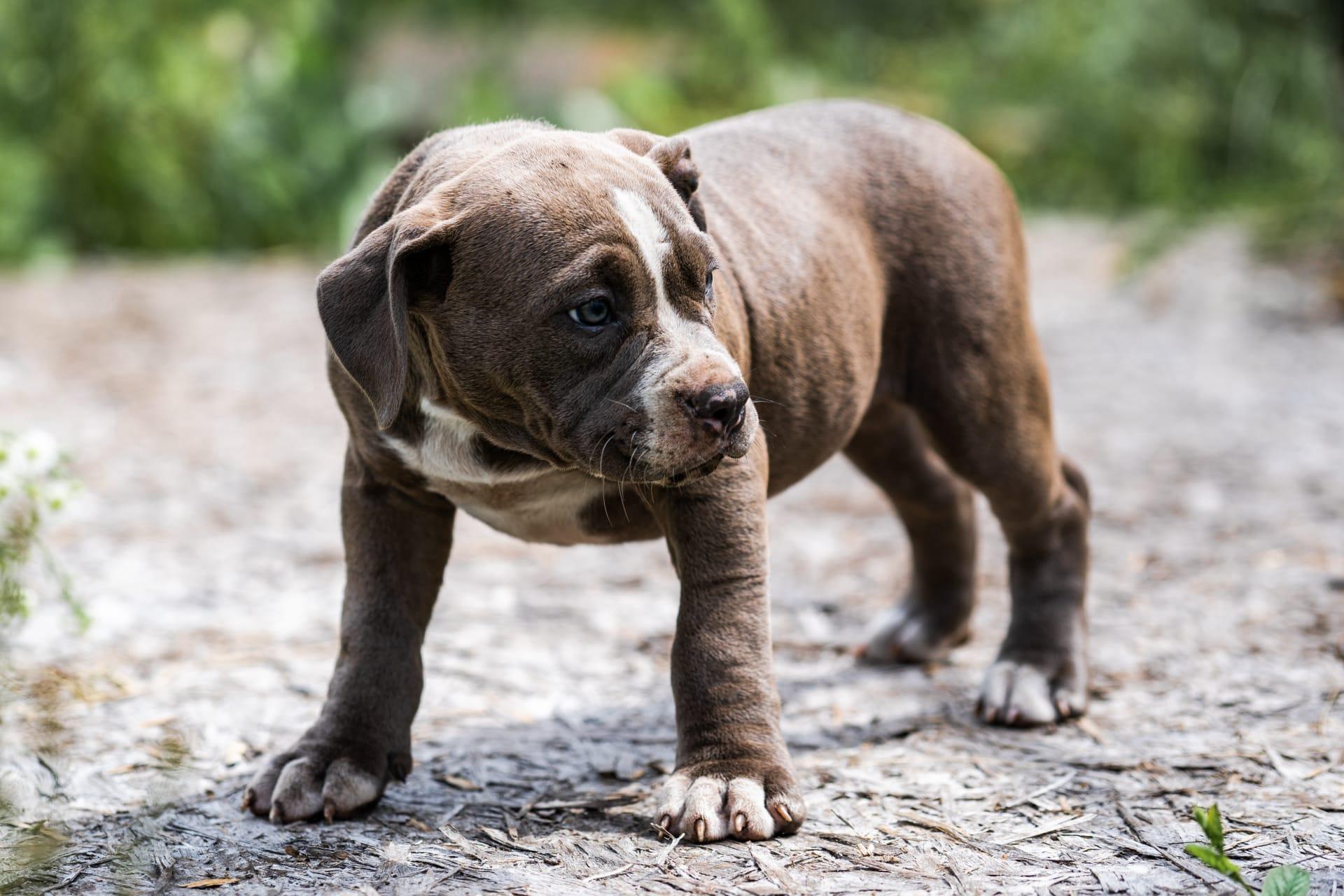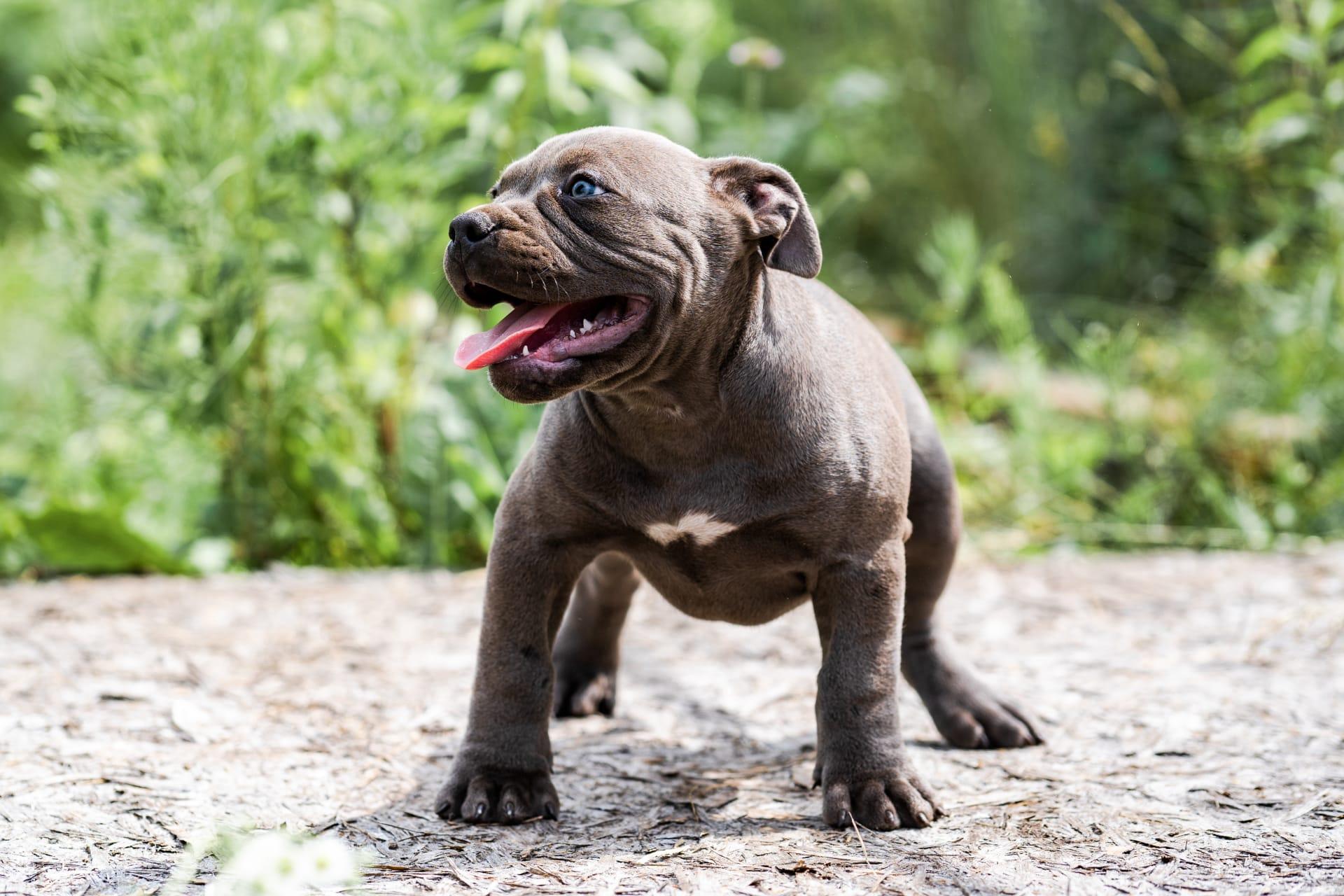Pitbull Trivia
- Home /
- Trivia Question /
- Animal /
- Pitbull Trivia
1
Question: What is the average lifespan of a Pitbull, and how does their health change as they age?
Answer: Pitbulls typically live for about 12 to 14 years. As they age, they may face common health issues like hip dysplasia, which affects about 20% of Pitbulls, and heart disease, seen in roughly 6%. Regular vet check-ups and a healthy diet can help manage these conditions.
Question: How much exercise does a Pitbull need daily, and what are the consequences of insufficient exercise?
Answer: Pitbulls require at least one hour of vigorous exercise daily. Lack of sufficient exercise can lead to behavioral issues like excessive barking or digging, and health problems such as obesity, which affects about 25% of Pitbulls in the U.S.

2
Question: Are Pitbulls naturally aggressive towards humans?
Answer: Contrary to popular belief, Pitbulls are not inherently aggressive towards humans. Studies show that Pitbulls rank high in temperament tests, scoring better than breeds like Golden Retrievers. Proper socialization and training are key to their behavior.
Question: Do Pitbulls have a 'lockjaw' feature that makes their bites more dangerous?
Answer: The myth of Pitbulls having a 'lockjaw' mechanism is false. They do have strong jaw muscles, but their bite force is in line with other large breeds. Responsible ownership and training are crucial in preventing aggressive behavior.

3
Question: What is the origin of the Pitbull breed, and how were they initially used?
Answer: Pitbulls originated in the 19th century in the United Kingdom, bred from bulldogs and terriers for bull-baiting. After this sport was banned, they were used as farm dogs and companions, known for their strength and loyalty.
Question: How does the intelligence level of Pitbulls compare to other dog breeds?
Answer: Pitbulls are known for their intelligence and eagerness to learn. They excel in obedience training and can learn commands as quickly as the top 20% of dog breeds when it comes to intelligence. Consistent, positive reinforcement training works best for them.

4
Question: What is the ideal diet for a Pitbull, and how does it affect their health?
Answer: A balanced diet for a Pitbull should include high-quality protein, healthy fats, and limited grains. About 2 to 3 cups of dry dog food per day, divided into two meals, is ideal for an average-sized Pitbull. Proper nutrition can prevent issues like allergies and obesity.
Question: How do Pitbulls fare in families with children?
Answer: Pitbulls are known for their affectionate nature and can be excellent family pets. They are generally good with children if properly trained and socialized. However, supervision with young children is always advised, as with any breed.

5
Question: What is the typical temperament of a Pitbull, and how does it affect their interaction with other dogs?
Answer: Pitbulls are generally friendly, loyal, and eager to please. However, they can be territorial and may exhibit aggression towards other dogs if not properly socialized. Early socialization and consistent training are key to promoting good behavior.
Question: What are common health screenings recommended for Pitbulls?
Answer: Recommended health screenings for Pitbulls include tests for hip dysplasia, heart conditions, and allergies. Regular check-ups with a veterinarian and specific tests, such as X-rays for hips and echocardiograms for heart health, are advised to ensure their well-being.